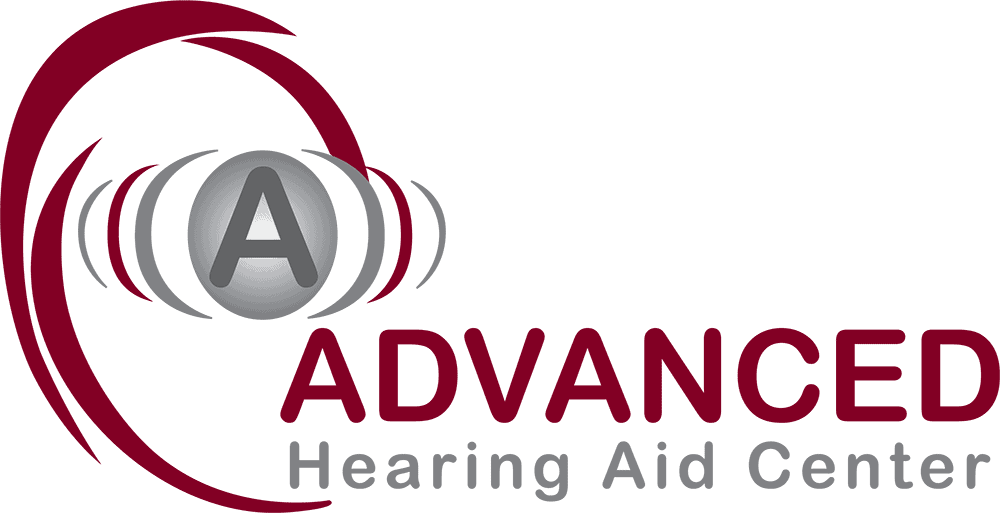As we age, falls become an increasing concern. A minor fall can mean it takes more time to recover and heal from injuries due to weaker bones and chronic health conditions which are more common as we age. It is important to do what we can now to prevent falls as balance and strength decline. One aspect that can help increase balance is addressing any possible risk of hearing loss.
The Risk of Hearing Loss as We Age
As we age, the risk of hearing loss increases. For those of us who are 60 and beyond, a quarter of us will have hearing loss, but within five years this risk rises to one in three. For those of us 75 years and beyond, half will have some degree of hearing loss. Because the risk of hearing loss is increased, it is important to screen for hearing loss as we approach our golden years. Not only does hearing loss help us connect to the people in our life but is essential to keeping us alert to our surroundings.
Hearing and balance: The Connection
We know that our hearing helps us follow conversations and respond with confidence—but how does balance become affected by hearing loss? One of the most direct connections is how the auditory and balance systems are connected directly in the brain by sharing a common nerve pathway. Often an issue with balance or vertigo may signal issues with hearing as well. The vestibular system is a fluid filled maze which informs the brain of the plane of our head. Meanwhile the auditory system relies on the fluid filled cochlea and sits just next to the vestibular system. As audio vibrations are sent from the middle ear, to the cochlea, the fluid inside stimulates tiny hair like cells called stereocilia. Stereocilia transform audio vibrations into electrical impulses which are interpreted in the auditory cortex of the brain.
A Depletion of Auditory Cues
For older adults as weaker bones and muscles create decreased dexterity and movement, a depletion of auditory cues can increase the risk of falls. Even a mild hearing loss can affect fall risk. For instance, a recent study of people 40 – 69 years old, found that a 25-decibel hearing loss—equivalent to going from normal to mild hearing loss— can triple your risk of suffering falls.
Meanwhile, a separate study out of the University of Michigan analyzed data on nearly 115,000 generally healthy seniors who were newly diagnosed with hearing loss and found that 13 percent had an injury due to a fall within three years, in comparison to 7.5 percent in the age group with normal hearing.
Reasons Hearing Loss May Increase Risk of Falling
- Hearing taxes cognitive function: When you struggle to hear it means you’ll have less concentration devoted to balance and gait.
- Sounds in our environment help us to balance: We maintain balance through a combination of functions including vision, our muscle and joint coordination, our vestibular system, and our hearing. Hearing comes into play in how we relate to our environment. When we hear sounds as we walk down the street, drive a motor vehicle, work in a loud environment, or navigate an interior, sounds give us cues of potential obstacles. The loss of warning sounds such as missing a car horn, alarm, someone shouting, a machine or shuffling of feet, can delay reaction time in an emergency and increase the risk of falls and accidents.
Preventing Falls
What is the best way to prevent falls as we age? The secret many recommend the most consistently is to continue to stay active. If you love to walk, hike, bike, or workout in a gym, find the activities that you love. This will ensure that you integrate it into your daily life. As we age however, it may become more difficult to participate in activities that you love to do. Even two or three 15–20-minute sessions a week, can make a big difference. Something as gentle as Tai-chi class, can keep you active while being gentle on your body.
Keeping Track of Your Hearing Health
As the risk of hearing loss increases with age it becomes increasingly important to schedule regular testing. Unaddressed hearing loss not only increases your risk of falls and accidents but has a long list of health risks from cognitive decline, to chronic depression which decrease the quality of your life. Reduce the risk of falls now by scheduling a hearing exam today!

